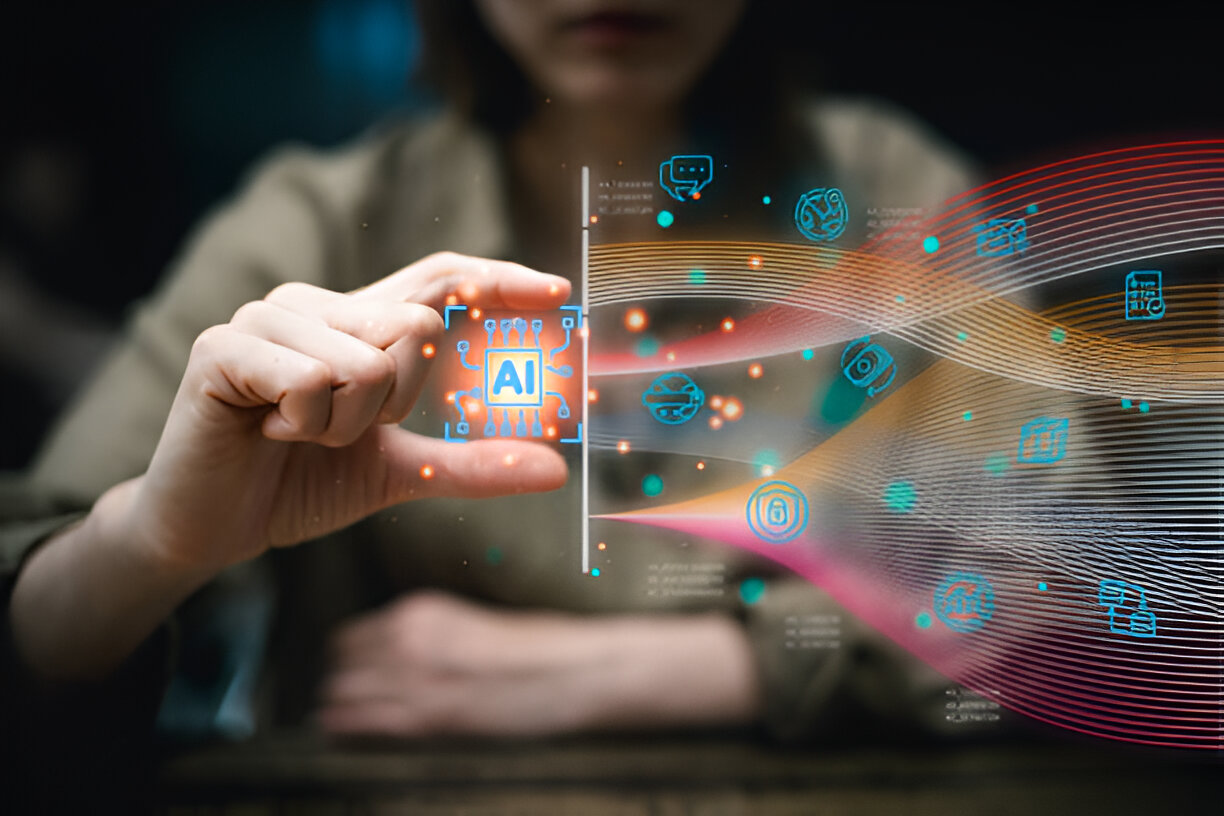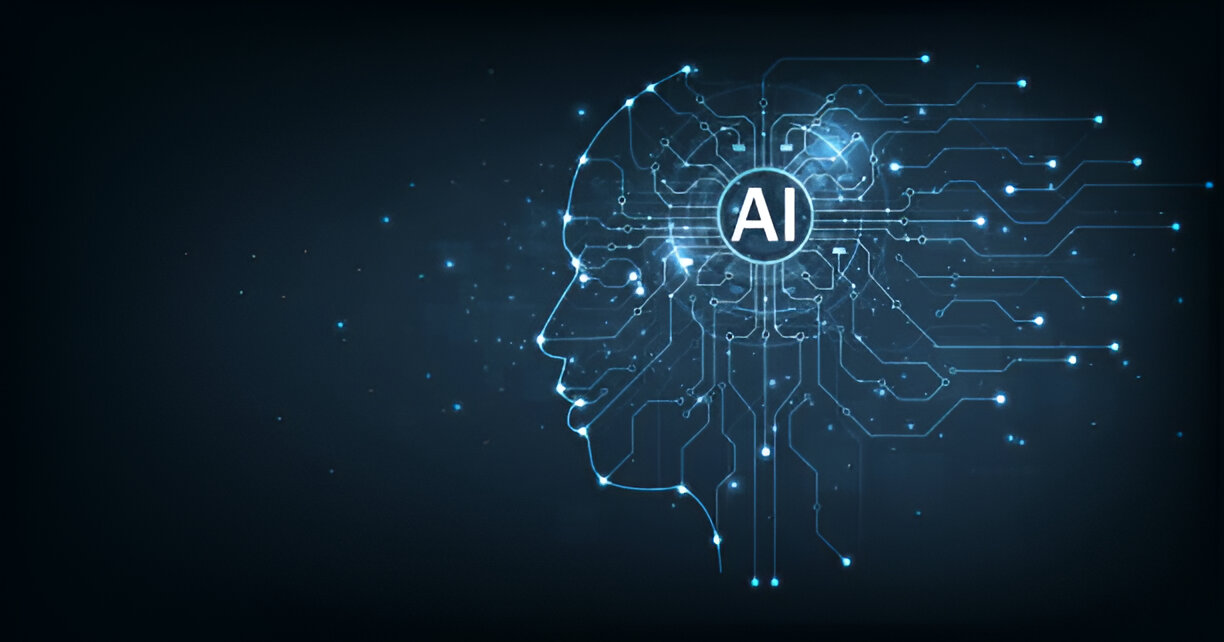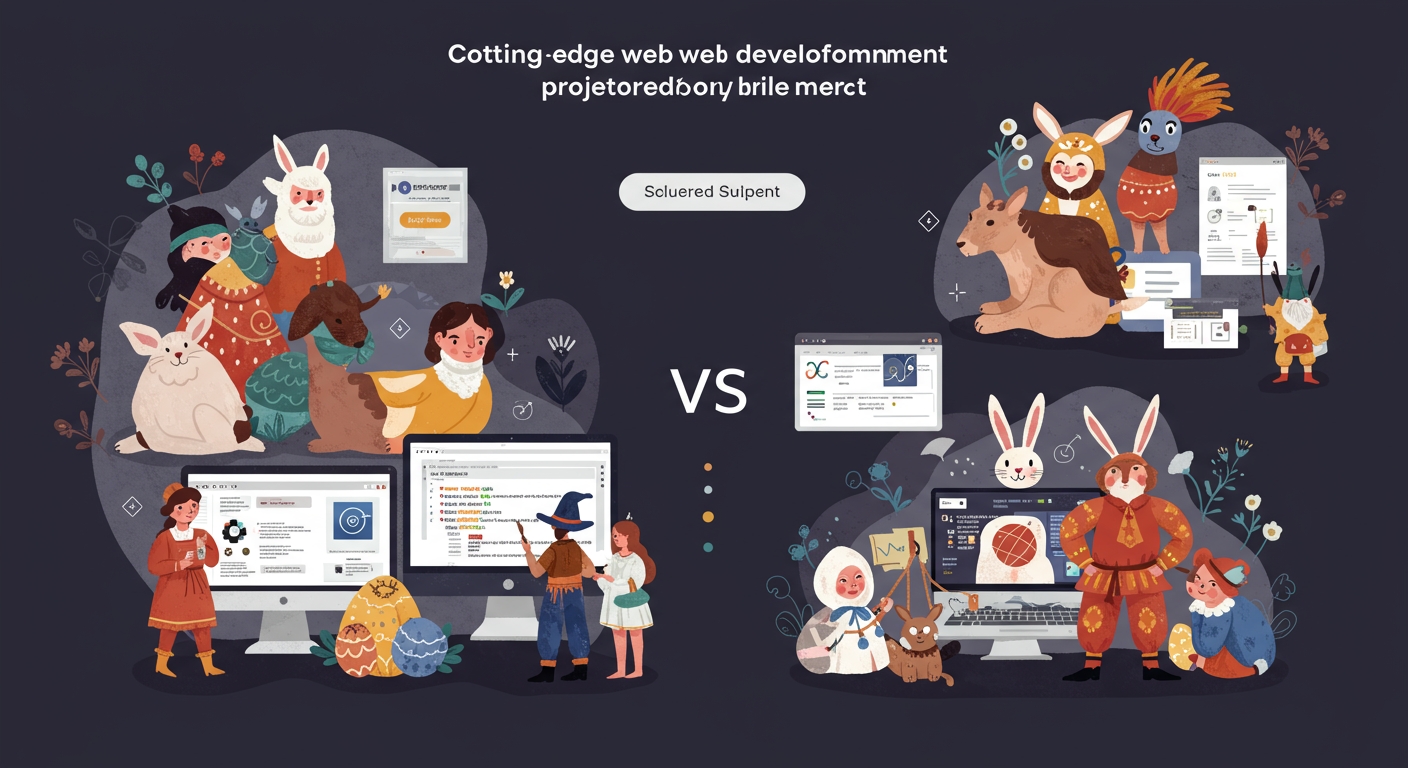Ever wondered how AI is truly changing software development? The buzz is everywhere, but what’s fact and what’s hype? If you’re a developer or tech leader frustrated with outdated workflows or overwhelmed by emerging AI tools, you’re not alone. In today’s fast-evolving landscape, understanding the real impact of AI on software development is critical to staying ahead. This post cuts through myths, explores how AI boosts developer productivity, and shows where automation in coding fits into your future strategy.
AI Tools That Enhance Efficiency and Reduce Errors
Modern AI tools like GitHub Copilot (2026’s latest iteration), Amazon CodeWhisperer, and OpenAI’s Codex-powered IDE integrations offer intelligent code completion and real-time code suggestions. These tools help developers write code faster by anticipating intent and reducing typos or syntax errors.
Debugging processes have also improved dramatically with AI. Tools leveraging machine learning analyze vast stacks of logs and error messages to identify root causes quicker than traditional methods. For example, Microsoft’s IntelliCode augments Visual Studio with intelligent debugging suggestions, allowing developers to resolve issues faster and with fewer errors.
Reducing Repetitive Tasks to Accelerate Development
AI takes on repetitive, time-consuming tasks such as boilerplate generation, refactoring suggestions, and documentation creation. This frees developers from mundane chores, letting them focus on creative problem-solving and architectural decisions.
Continuous integration and build automation powered by AI streamline code merging and conflict resolution, significantly compressing development cycles. Developers report shaving hours off daily workflows, making sprints more productive without sacrificing quality.
Balancing AI Assistance with Human Creativity and Oversight
While AI accelerates coding tasks, it doesn’t replace the essential human role in software design. Creative problem-solving, strategic thinking, and understanding nuanced business requirements remain developer strengths.
Smart AI tools understand this balance and serve as collaborators rather than mere automation. Developers remain in the driver’s seat, vetting AI-generated suggestions for suitability and security. The best outcomes arise from this synergy, where AI augments human expertise without diminishing it.
Automation in Coding with AI: Tools and Techniques
Automation is a core facet of AI’s transformational impact on coding, from writing code snippets to deployment. Let’s dive deeper into the spectrum of AI-powered automation shaping modern software development pipelines.
Types of AI-Powered Automation: Code Generation, Testing, and Deployment
- Code Generation: AI models trained on vast codebases generate entire code blocks, APIs, or even application skeletons. Companies like DeepCode provide AI-powered code reviews, highlighting vulnerabilities and suggesting fixes automatically.
- Automated Testing: AI engines create and run test cases by analyzing application behavior and historical bug data. Tools like Testim and Mabl leverage AI to increase test coverage and predict flaky tests, reducing manual QA efforts.
- Deployment Automation: AI integrates with CI/CD pipelines to optimize deployment strategies, manage rollbacks, and monitor performance in real-time, minimizing downtime and human intervention.
Manual Processes vs. Automated AI Workflows
Traditional manual coding and testing require significant human input and are prone to oversight or human fatigue. Automated AI-driven workflows excel at:
- Accelerating delivery times
- Enforcing consistent quality standards
- Handling repetitive verification steps without errors
Organizations adopting AI automation see up to a 40% reduction in deployment cycle times and a 30% improvement in defect detection rates, according to 2026 industry reports.
Challenges in Integrating AI Automation in Existing Pipelines
Despite clear benefits, integrating AI into legacy development workflows can be tricky:
- Compatibility issues arise when AI tools don’t blend seamlessly with established systems and toolchains.
- Resistance from developers concerned about job security or tool reliability slows adoption.
- AI automation requires proper training data and continuous tuning to avoid false positives or ineffective suggestions.
To overcome this, organizations must adopt phased integration strategies with strong change management, educate teams on AI’s supportive role, and invest in AI tools with flexible APIs for smoother pipeline integration.
The Future of Software Development with AI
Looking ahead, the future of software development with AI promises even more profound changes that will reshape roles, workflows, and ethical considerations.
Emerging Trends: AI-Driven DevOps, CI/CD, and Adaptive Codebases
AI is central in next-gen DevOps, automating environment provisioning, monitoring, and incident management proactively. Intelligent CI/CD pipelines adjust test parameters dynamically and predict integration conflicts before they occur.
Moreover, adaptive codebases powered by AI evolve continuously based on usage patterns, performance metrics, and user feedback—enabling software to self-optimize without extensive human rewriting.
Impact on Developer Roles and Skills
AI adoption in software development shifts developer roles toward higher-value activities like innovation, system design, and ethical governance. Routine coding tasks increasingly get delegated to AI assistants, requiring developers to enhance their skills in:
- AI model interpretation and validation
- Ethical and security-aware coding practices
- Cross-disciplinary collaboration with data scientists and AI specialists
Organizations investing in AI-centric training portfolios position their teams for future-proof careers.
Ethical and Security Considerations
With AI increasingly autonomous, developers must embed ethical and security principles from the outset. Key areas of focus include:
- Avoiding bias in AI-generated code that could propagate security vulnerabilities or unfair practices
- Ensuring transparency and auditability in AI decision-making
- Safeguarding against adversarial attacks targeting AI models within development workflows
Future software teams will need strict governance frameworks to responsibly harness AI capabilities while maintaining trust.
Advanced Innovations and Trends in AI for Software Development
Beyond foundational AI tools, cutting-edge advancements are further elevating software development processes in 2026.
Machine Learning Models to Predict Bugs and Optimize Performance
Sophisticated ML models analyze historical commit and bug data to predict where bugs are likely to emerge next. By highlighting high-risk code areas, they enable prioritized code reviews and targeted testing, optimizing resource allocation.
Performance optimization tools use AI to simulate user loads and suggest architectural tweaks proactively. For example, AI-driven profiling in platforms like Google Cloud Profiler anticipates bottlenecks before deployment, ensuring robust performance.
Collaborative AI Agents Working Alongside Developers in Real-Time
New AI agents act as collaborative partners during coding sessions, offering context-aware suggestions, flagging potential security flaws instantly, and even generating documentation on the fly. These agents learn developer preferences and styles over time, making collaboration seamless.
Such tools closely resemble pair programming partners, enhancing productivity while preserving human creativity and control.
AI for Personalized Learning Paths and Developer Training Programs
Organizations increasingly adopt AI to tailor developer upskilling journeys. AI analyzes skill gaps using performance metrics and automatically curates learning content, coding challenges, and mentorship opportunities.
This personalized approach boosts knowledge retention, accelerates onboarding, and empowers continuous learning aligned with rapidly evolving AI technology landscapes.
Conclusion
The impact of AI on software development is real and transformative—if you know how to harness it. From boosting developer productivity through intelligent assistance to automating repetitive coding and deployment tasks, AI is reshaping the software landscape in ways we once only imagined.
The future promises smarter AI-driven workflows, adaptive software systems, and evolving developer roles focused on creativity and ethical judgment. For organizations ready to embrace this shift, partnering with trusted authorities like WildnetEdge ensures you leverage AI effectively and ethically, accelerating innovation without losing control.
Ready to future-proof your software development journey? Explore WildnetEdge’s AI-driven solutions today and stay at the forefront of this revolution.
FAQs
Q1: What is the impact of AI on software developer productivity?
AI enhances productivity by automating repetitive tasks, suggesting code snippets, and detecting bugs early, allowing developers to focus on complex problem-solving.
Q2: How does automation in coding with AI improve software quality?
Automation reduces human error, speeds up testing and deployment, and ensures consistent adherence to coding standards, improving overall software quality.
Q3: What does the future of software development with AI look like?
The future includes smarter AI tools that collaborate with developers in real-time, predictive analytics to prevent issues, and more seamless integration of AI across development workflows.
Q4: Can AI fully replace software developers?
No, AI complements developers by automating routine tasks but cannot replace the creative and strategic thinking required for complex software projects.
Q5: How can businesses start integrating AI into their software development processes?
Begin by adopting AI-assisted coding tools, automating testing phases, training teams on AI platforms, and partnering with experts like WildnetEdge to guide implementation.

Nitin Agarwal is a veteran in custom software development. He is fascinated by how software can turn ideas into real-world solutions. With extensive experience designing scalable and efficient systems, he focuses on creating software that delivers tangible results. Nitin enjoys exploring emerging technologies, taking on challenging projects, and mentoring teams to bring ideas to life. He believes that good software is not just about code; it’s about understanding problems and creating value for users. For him, great software combines thoughtful design, clever engineering, and a clear understanding of the problems it’s meant to solve.
 sales@wildnetedge.com
sales@wildnetedge.com +1 (212) 901 8616
+1 (212) 901 8616 +1 (437) 225-7733
+1 (437) 225-7733















 ChatGPT Development & Enablement
ChatGPT Development & Enablement Hire AI & ChatGPT Experts
Hire AI & ChatGPT Experts ChatGPT Apps by Industry
ChatGPT Apps by Industry ChatGPT Blog
ChatGPT Blog ChatGPT Case study
ChatGPT Case study AI Development Services
AI Development Services Industry AI Solutions
Industry AI Solutions AI Consulting & Research
AI Consulting & Research Automation & Intelligence
Automation & Intelligence















